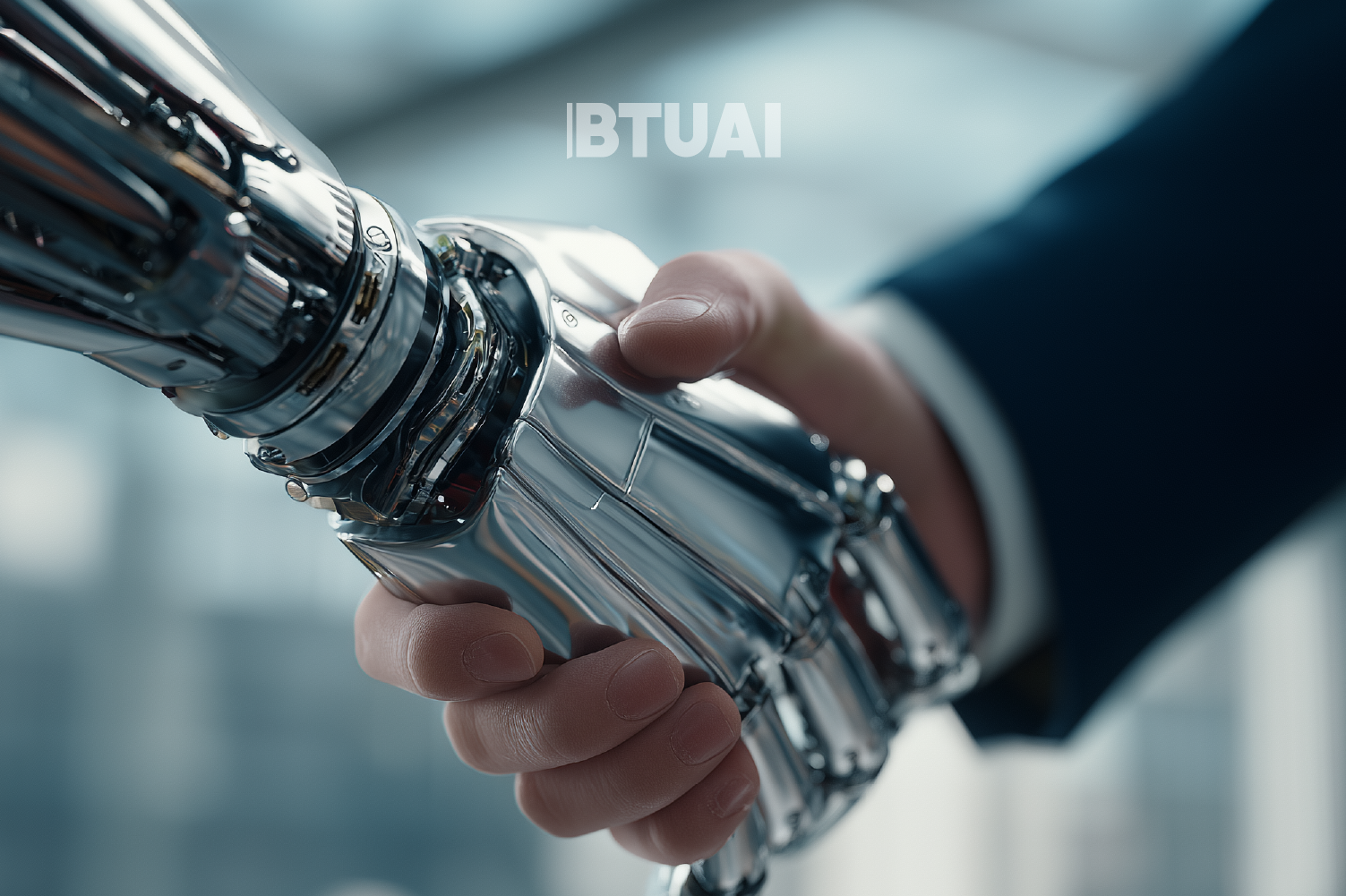How Visa Policies Are Hindering Technological Progress in the United States
The American technology industry has long been regarded as a global center of innovation, built fundamentally on the contributions

The American technology industry has long been regarded as a global center of innovation, built fundamentally on the contributions of immigrant engineers and programmers. However, today, as visa policies under the Trump administration have become more restrictive and unpredictable, these very individuals have found themselves increasingly vulnerable. Technology companies, particularly leading firms in Silicon Valley, have begun advising their foreign employees not to leave the United States—even temporarily—due to the growing uncertainty surrounding their ability to re-enter the country.
Hundreds of professionals holding H-1B visas, many from India, China, Canada, and South Africa, have been awaiting permanent residency for years. Many have established families in the United States, yet the lack of transparency in immigration procedures and the broader political climate has fostered a pervasive fear: even a single overseas trip could jeopardize their careers and life trajectories.
In recent years, the Trump administration intensified visa-related procedures: wait times have increased, the number of approved applications has declined, and an atmosphere of uncertainty has directly impacted the innovative environment. Some companies, such as the artificial intelligence firm Perplexity, whose CEO Aravind Srinivas has spoken openly on the matter, attribute obstacles to expansion in the U.S. directly to immigration restrictions. According to Srinivas, remaining in the United States has become a precarious endeavor, compelling many talented professionals to pursue their careers in Canada or Europe instead.
Strikingly, even major technology giants such as Meta, Google, and Amazon have been unable to guarantee their employees security without the so-called “re-entry permit.” As a result, some employees now work remotely from countries like Georgia, India, and elsewhere, as U.S. immigration law provides little flexibility.
Legal experts warn that such a high degree of uncertainty in immigration seriously damages the United States’ global competitiveness. Technology leaders have openly stated that America has lost its traditional “immigrant talent-driven growth strategy,” which for decades fueled the country’s economic and technological ascension.
In the case of Silicon Valley—where innovation relies not only on coding but also on diverse perspectives—such policies could have catastrophic long-term consequences. New ideas, startups, and technological breakthroughs flourish only when global talent attraction is not merely a theoretical promise but a practical reality.
Representatives of the technology industry have for years advocated for an overhaul of the U.S. visa system, emphasizing the need to remove outdated, politically motivated barriers that obstruct development and competitiveness. Yet, as of spring 2025, their most critical advice remains unchanged: do not leave the country if you envision your future here. This stark reality now defines a nation that was once celebrated as a “haven for innovators.”
Based on reporting by The Washington Post.




